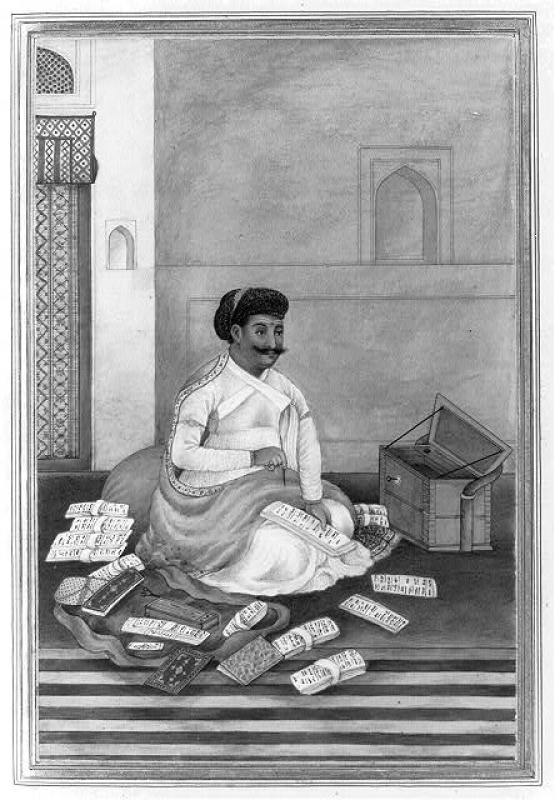FWP:
What a rich, complex, semantically juicy verse! Each line is convoluted in itself, and when the two are put together the result is almost five-dimensional.
The first line does everything it can to make the prospect of expression remote. To whom (is anybody suitable there? is anybody there at all?) might/would the speaker recite (in the subjunctive, so that the probability of its happening is no more than fifty-fifty) the complaint of (made about, or made by?) the longing/grief (two different things) for/of (two different relationships) expression? The inshaa))iyah mode is enhanced by a multivalence as conspicuous as it can possibly be. Since the complaint may well be of the (probably vain) 'longing for expression', quite possibly the speaker couldn't recite it at all, even under ideal conditions, so that the whole question becomes rhetorical.
In particular, what exactly is the i.zaafat doing in the complaint (or grief) 'of' the longing for expression? Is it a complaint made by the speaker 'about' the longing for expression? If so, it could take various forms: 'The longing for expression pesters me night and day, and I wish it would go away!'; or 'I long to express myself, but somehow I can't manage to find the words!'; or 'Something is wrong with my tongue!'. Or it could be a complaint made by the speaker about the 'grief' of expression: 'Expressing my misery is intolerably painful!'. Alternatively, the complaint could be made (or the grief felt) 'by' the (semi-personified) longing for expression itself, in which case the speaker would simply be striving (probably vainly) to report it.
As in so many verses, we're not told how to connect the two lines, so we have to figure it out for ourselves. Depending on which element of the first line we choose to emphasize (is it about finding a listener? about the possibility of recitation at all? about the content of the recitation? about the longing for recitation? about the grief over recitation?), the second line can assume various relationships to the first. Is the second line a paraphrase of the first, with both describing the same situation? Or is the second line a cause of the first, with the overflowing fullness of the blocked-up, wordless heart giving rise to the longing for expression? Or is the first line a cause of the second, with the longing for expression causing the heart to feel like a dammed-up torrent?
The second line is also elegantly complicated in its own right. The word fard , which means 'account-sheet' (thus resonating with the mercantile imagery of 'income' and 'expenditure'), also means 'single'; and with beautiful wordplay it's joined by an i.zaafat to a word meaning a 'gathering' or 'collection'. (In ghazal terminology, an 'individual' is a single verse presented independently.)
But in classic mushairah
style, the best has been saved for last. The 'tongues' are pluralized, so
that it's not clear how many, or whose, tongues may be meant. This prepares
us for the wonderful description of them as zabaa;Nhaa-e laal
, in which all three of the quite different meanings of laal
are beautifully apposite. Needless to say, the commentators all opt for the
most obvious meaning, 'mute' (Platts's 'dumb'), which is certainly quite appropriate. But then,
would the tongues not also be hot or inflamed, because of their passionate
yearning to speak, and/or the pain of doing so? Are they not also precious or dear, because the power of
speech is so utterly desirable and necessary? Or might they even be precious
as representing a 'collection' of memories of the beloved's speech, and even
of the lover's 'expenditure' of replies as well-- though of course no amount
of conversation with the beloved is enough, and the 'longing for expression'
always remains unsatisfied.

Nazm:
That is, the longing for expression is complaining of the tongue's {not being a speaker / not, so to speak, existing} [goyaa nah hone se]. Before whom would I recite that complaint? And by 'the ledger of collection and expenditure' is meant the account-book of complaint. That is, when the expression of ardor was not able to take place through the tongue, then the complaints about the tongue fill up the heart. The author has called the tongue a collection in this respect: that on many occasions the tongue showed deficiency in expressing ardor; and it's possible that the tongues of companions might be intended. (151)
== Nazm page 151